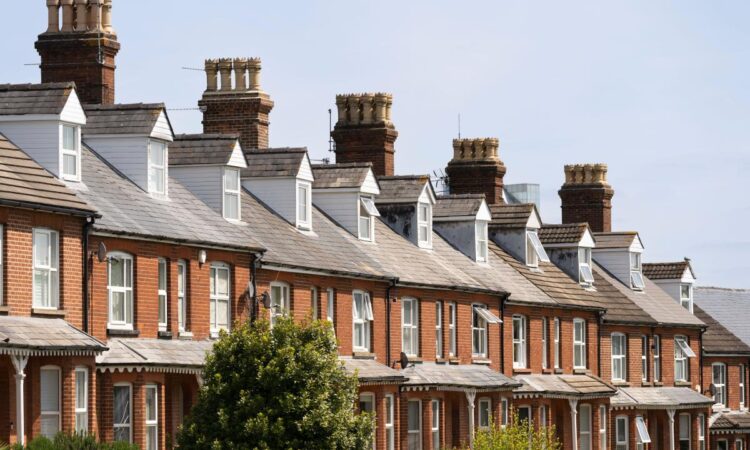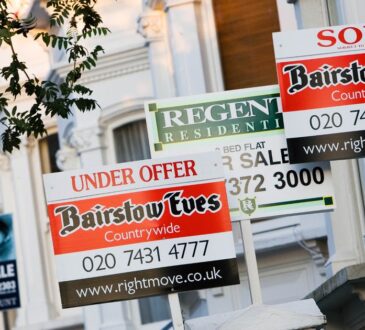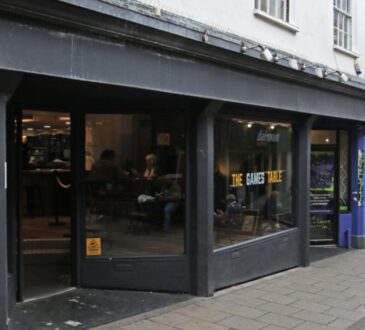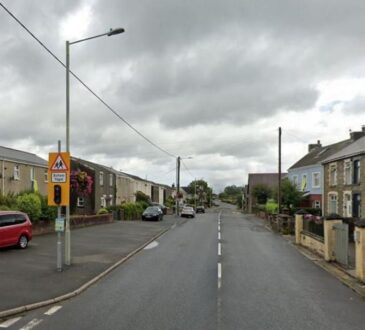
UK house prices rose for the fourth consecutive month in January to the highest level since October 2022 as falling mortgage rates boosted the market.
Average house prices increased to £291,029 in January, which was £3,900 more than last month, according to the Halifax house price index.
The survey showed that property values increased by 1.3% in January compared to the previous month.
Compared to the same month last year, property prices grew by 2.5%, which was the highest annual growth since January 2023.
It was the fourth monthly gain in a row after six consecutive falls before that.
Read more: What is the First Homes scheme and who is eligible?
Halifax mortgage director, Kim Kinnaird, said: ““The recent reduction of mortgage rates from lenders as competition picks up, alongside fading inflationary pressures and a still-resilient labour market has contributed to increased confidence among buyers and sellers. This has resulted in a positive start to 2024’s housing market.
“However, while housing activity has increased over recent months, interest rates remain elevated compared to the historic lows seen in recent years and demand continues to exceed supply. For those looking to buy a first home, the average deposit raised is now £53,414, around 19% of the purchase price. It’s not surprising that almost two thirds (63%) of new buyers getting a foot on the ladder are now buying in joint names.”
In London, the average price was down 0.4% year-on-year at £529,528, bucking the wider trend of growth.
Northern Ireland recorded the strongest growth across all the nations or regions within the UK – house prices here increased by 5.3% on an annual basis.
Properties in Northern Ireland now cost on average £195,760, which is £9,761 higher than the same time in January 2023.
Read more: State pension age needs to jump to 71, says think tank
Scotland and Wales both saw growth, 4% on an annual basis to £206,087 and £219,609 respectively. North West (3.2%), Yorkshire and Humber (2.8%), North East (2.0%) and East Midlands (0.5%) also recorded house price increases over the last year.
The South East fell the most last month when compared to other UK regions, with homes selling for an average £379,220 (-2.3%), a drop of £8,866.
Alice Haine, personal finance analyst at Bestinvest by Evelyn Partners, the wealth manager, said: “Interest rates have remained on pause at a 16-year high of 5.25% since August 2023 and, with inflation expected to retreat rapidly in the coming months, cuts are expected as soon as the summer.
“The improving outlook has resulted in better mortgage rates and affordability levels for first-time buyers and those looking to refinance.”
The increase in house prices for a fourth month in a row puts Britain about halfway towards a 3% increase in house prices this year already, according to economists.
Andrew Wishart, senior property economist at Capital Economics, said: “The Halifax index has a track record of being quick to respond to changes in mortgage rates, so the large increases of 1.1% in December and 1.3% in January reflect the swift drop in the average quoted mortgage rate from 5% in November to about 4.5% in January.
“Fixed mortgage rates are unlikely to fall any further in the near term, which will restrain future monthly gains in the Halifax index.”
The average rate on a two-year fixed deal this week stood at 5.55% while for a five-year deal, rates came down to 5.09%, according to figures from Uswitch.
Sarah Coles, Yahoo Finance UK columnist and head of personal finance at Hargreaves Lansdown, said: “We’re still a long way from a sellers’ market, but if you have been trying in vain to persuade buyers to see your home for months, it’s a really positive development. However, sellers shouldn’t get carried away with pricing, because this bounce may not last.”
Watch: How much money do I need to buy a house?
Download the Yahoo Finance app, available for Apple and Android.




